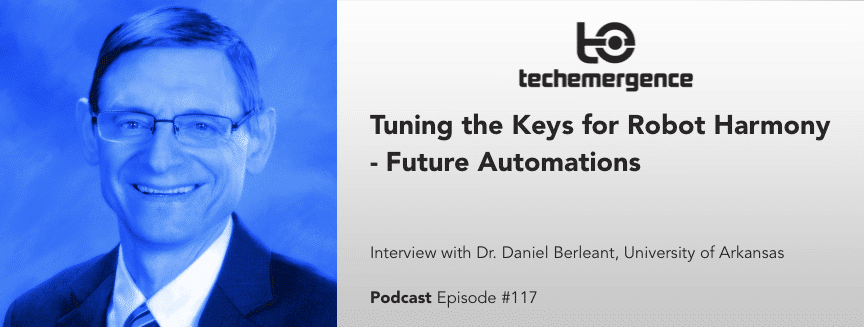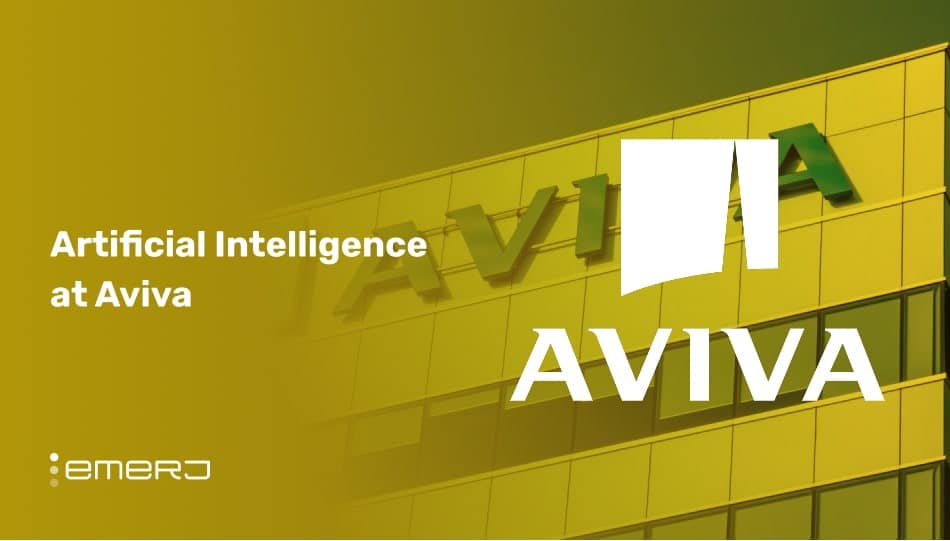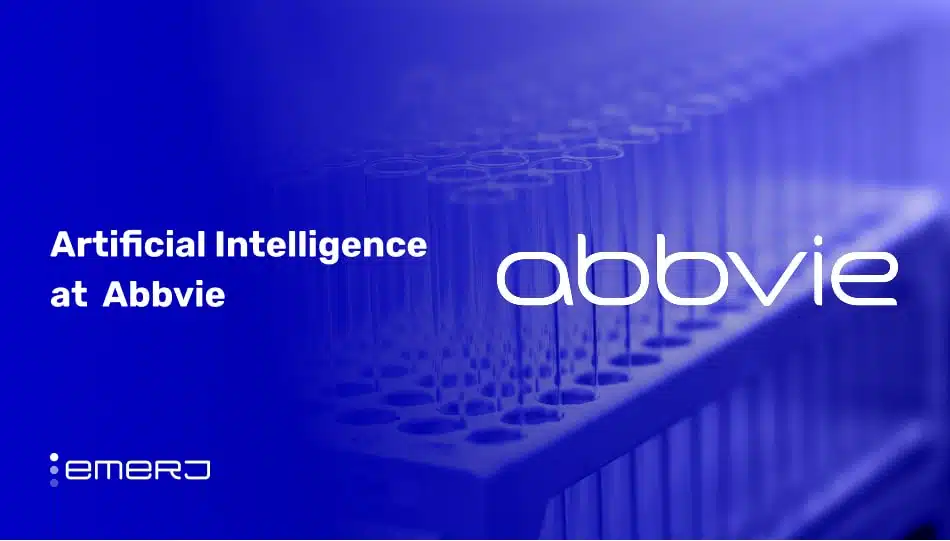Episode Summary: Daniel Berleant is an expert in information science and artificial intelligence, and is the author of the book The Human Race to the Future: What Could Happen – and What to Do. In this interview, we discuss how robots and automation are already affecting industry, and how these impacts might shape not only the future landscape of our economy, but also our conception of what it means to work and earn a living.
Guest: Daniel Berleant
Expertise: Information Science and Artificial Intelligence
Recognition in Brief: Dr. Daniel Berleant earned his BS in Computer Science and Engineering from MIT, and later his MA and PhD from University of Texas at Austin. Berleant is the author of The Human Race to the Future: What Could Happen – and What to Do, a second edition of which was published in 2014. He has written numerous journal articles and book chapters over the past two decades. His lab at the University of Arkansas focuses on text mining and probability research.
Current Affiliations: Professor at University of Arkansas at Little Rock
The Industrial Breeding Ground for Robots
Industrial robotics has been the precursor to a lot of the interest in robotics today, explains Berleant. This area of robotics is still evolving, and lately government has been putting money into robotics research for “cooperative robotics“. Industrial robots are fast and powerful, and a person still can’t work near an industrial robot without putting one’s self in danger; so the goal is to develop one that can work around humans. An offshoot of this branch of research is robots in elder care, but it’s certainly not only the only application. An increased ability to work with robots is important for safety and efficiency.
Despite the conversation around robots putting factory and other hand-labor workers out of risk, there are actually bigger risks of automation in sectors that deal with information. Information manipulation is evolving much more rapidly than manual dexterity. “The thing that distinguishes robots from stationary computers is the ability to move around, and mobility is a difficult technical problem to solve”, remarks Daniel. Software is getting more powerful, making human workers more productive, but the flip side is that fewer of those industry workers need to be employed.
From an economic standpoint, as computers make us more productive, the economy increases. Berleant points out that the real issue is distribution of products in society – how will this increased productivity be distributed? “This is a decision that society needs to make,” he says. Such productivity could be used to make everyone wealthier, or it could potentially widen the gaps between the ‘haves’ and ‘have nots’.
Does More Automation Equal Better Choice?
It seems like businesses would be motivated to have less people if they could get more done for less – the ultimate objective is always (or usually) the bottom line. In many people’s minds, this is where the government would need to step in to help try and regulate. It’s perfectly natural for businesses to try and do more with less; the issue is, what happens in the larger environment in which the business is one part but not the whole? Daniel mentions the idea of a minimum income, a measure on which Switzerland recently voted (and opposed…for the time being) on whether to have this as a national policy.
Different political walks of economists have, for decades, thought of this as possible scenario, says Berleant. “If you just give the money to people, you’re going to decrease the productivity of society…people will get less capable.” One idea, says Daniel, is to give people a minimum income, and require them to pick something that they want to do to earn their livelihood and contribute to society – but there would be no free rides, everyone capable would have to choose something.
While many continue to shudder at the idea of increased automation, there is good that can be done. Berleant brings up food production. In the U.S. today, only a small percentage of the population produces food, much of the work has been automated. “As soon as we get robots that can produce food autonomously (on a more global scale), it will be a liberating moment for the human race,” exclaims Daniel. It might take 20 years for this to be a reality, but it will have a major impact worldwide, particularly on subsistence farmers in other countries.
Of course, it’s conceivable that we could end up being a very well-fed species that doesn’t do much, but this doesn’t have to be the case, and Berleant encourages us to think about the potential scenarios and outcomes in the here and now. With enough automation to support society, there could come a time when everyone has the opportunity to define their own work and focus on their idea of self fulfillment. Whether this paints a more utopian or dystopian view of society is up for debate.



















